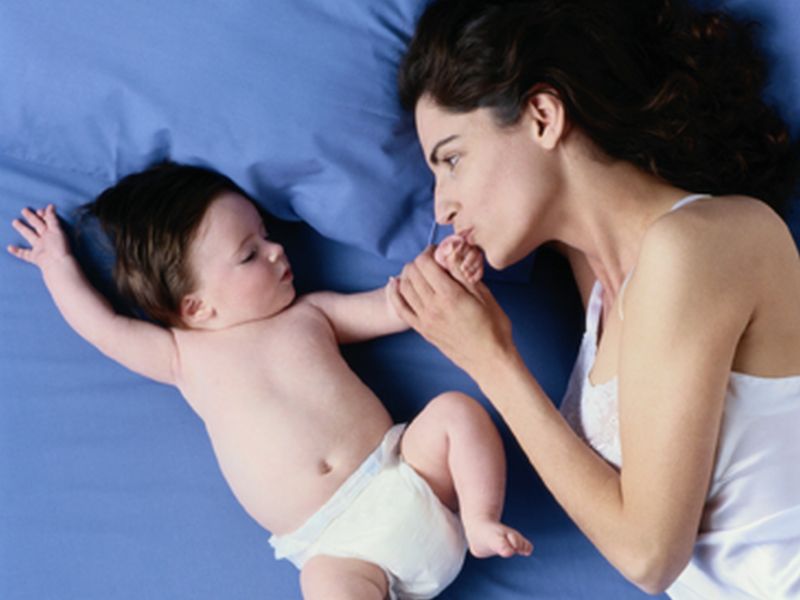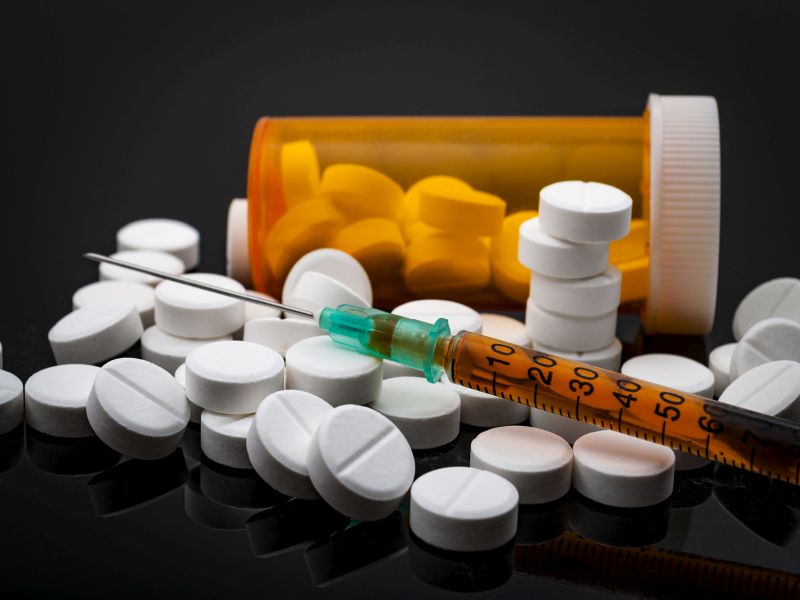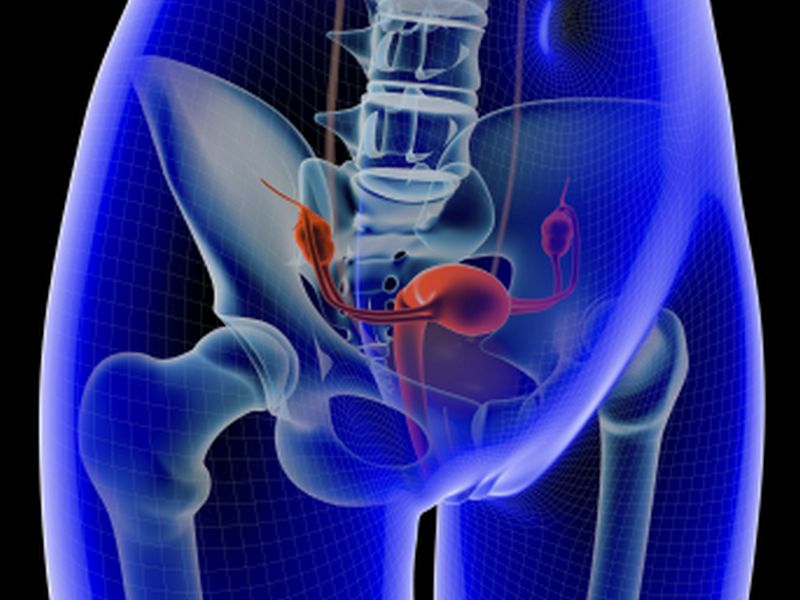
Scientists are looking to an unexpected source in the battle against drug-resistant bacteria: fish slime. The researchers said that microbes in the protective mucus that coats young fish holds promise in fighting multidrug-resistant bacteria. These include the so-called “superbug” microbes that cause methicillin-resistant Staphylococcus aureus (MRSA) infections. The slime protects fish from bacteria, fungi and… read on >





























